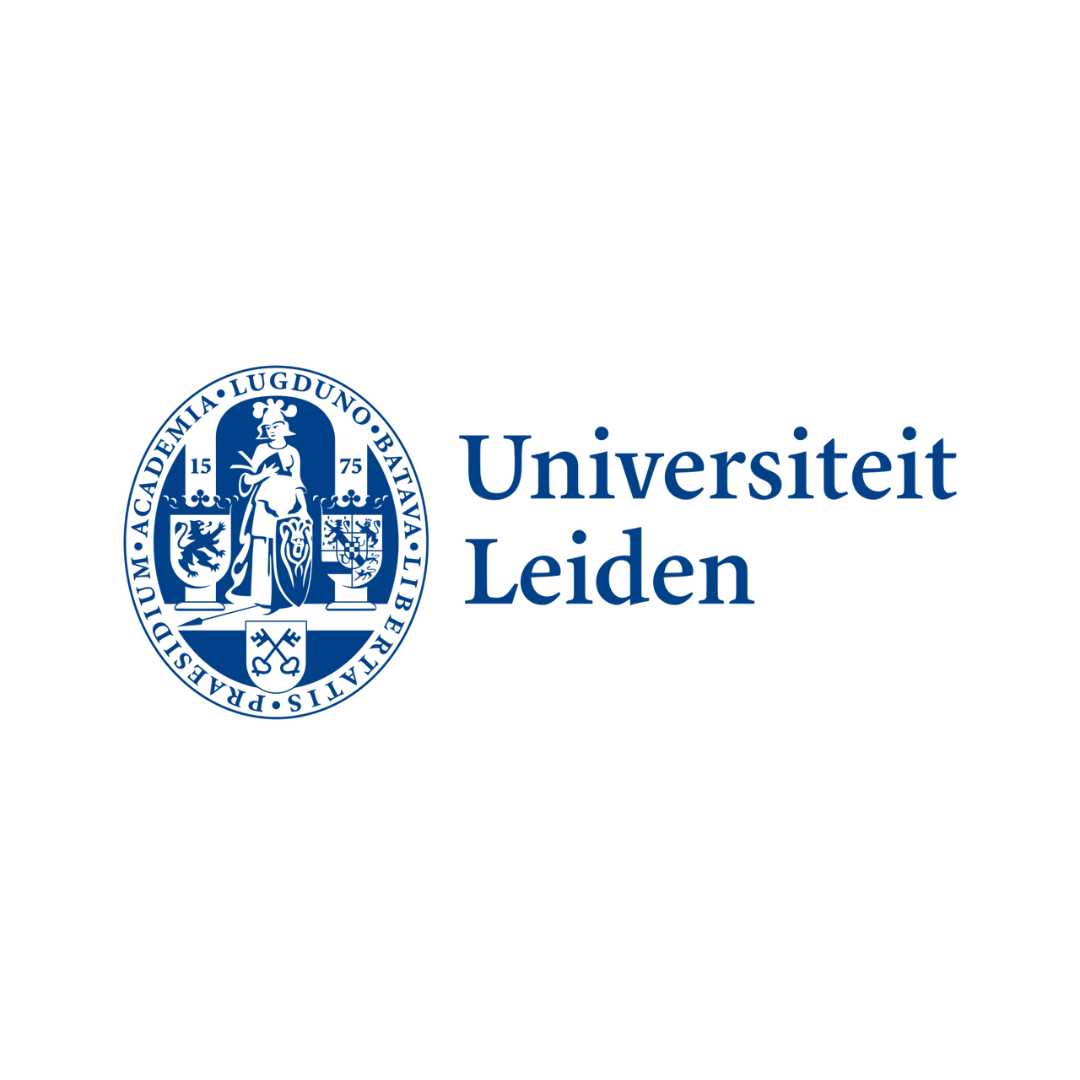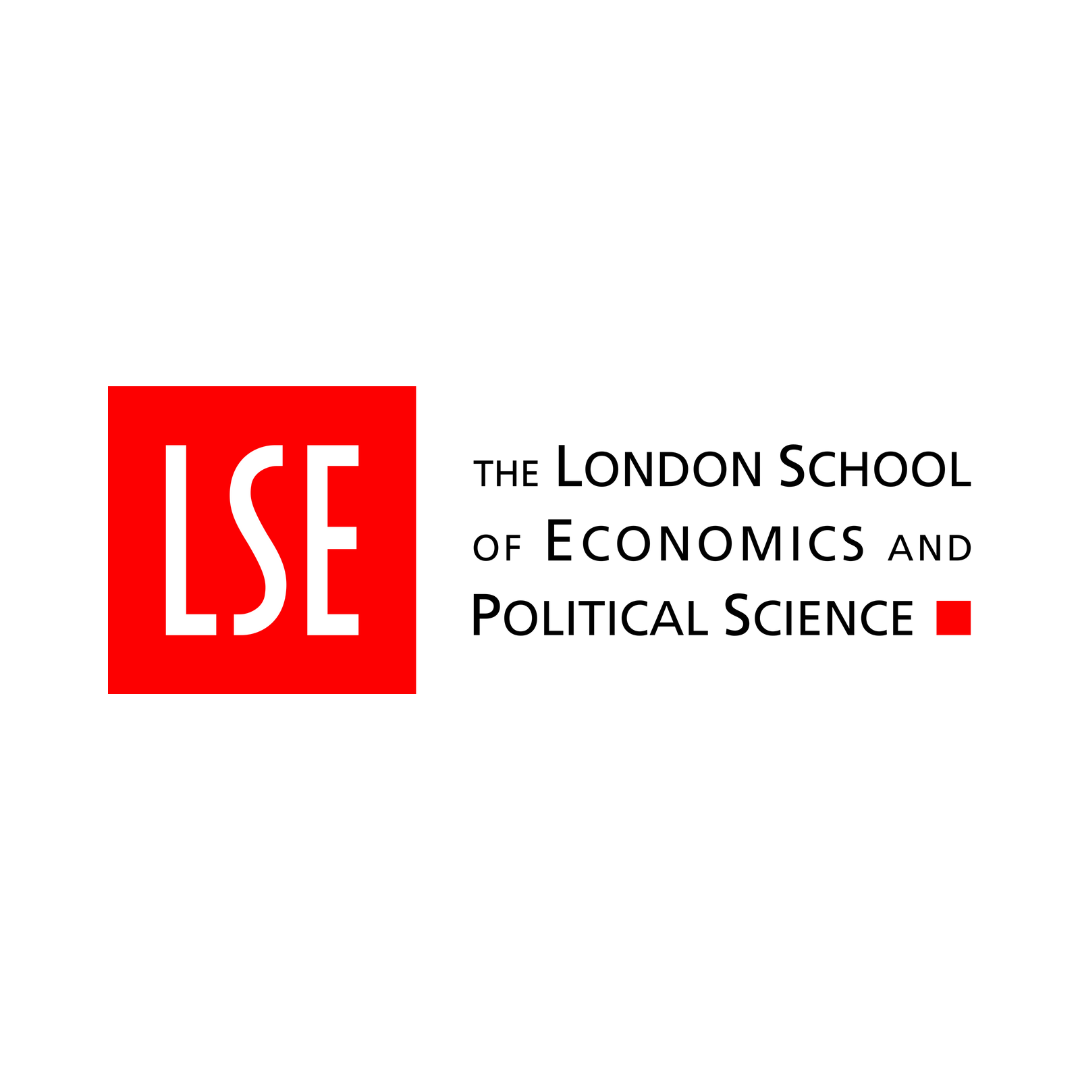Strengthening innovation in emerging economies
Consultant Lizi Peretti explores how the percentage of public and private investment in R&D varies from country to country
Published on February 5, 2020
Innovation is becoming increasingly more important in emerging economies. However, the crucial role that technology transfer professionals play in enabling the commercialisation of new ideas and the economic growth that derives from it are not yet widely appreciated.
This article explores how the percentage of public and private investment in research and development (R&D) varies from country to country. We suggest that private investment in the formation of human capital for innovation could enhance the efficacy and efficiency of technology transfer activities in emerging economies.
Public VS Private: a major blocker for innovation
In 2017 the OECD[1] reported that business enterprise accounted for >70% of all the R&D expenditure across the OECD members, a historical record figure. Things differ dramatically in emerging economies. Governments in these countries are starting to recognise the importance of R&D and investment in higher education, but awareness of the value of R&D is still extremely low in the private sector. This lack of awareness among private organisations can block the development of innovation ecosystems within these countries because, in market economies, private organisations are often better placed than the public sector to provide venture capital, physical space, and qualified human resources for innovation.
The amount of funding that countries allocate to R&D varies significantly across the world. Israel, for example, invests 4.3% of its GDP in R&D, South Korea invests 4.2%, Germany only 2.9%. In the 15 countries investing the highest percentage of their GDP in R&D, private capital never falls below 50% of the total investment. Conversely, in countries such as Madagascar, Iraq, Indonesia, the Philippines, and Paraguay, the percentage of private capital that makes up the investment in R&D is on average 4%, and it never exceeds 35%.[2]
As a specific example, of the total R&D investment made by Argentina in 2015, 76.4% came from the government, and only 17.2% from private companies. In that same year, of the R&D investment made by South Korea, 71.1% came from private companies and only 22.6% was publicly sourced. While there may be many reasons for such a difference, it could be argued that in many emerging economies the lack of commitment to R&D from the private sector may weaken the development and consolidation of innovation ecosystems.
An important way for private companies to contribute to the strengthening of innovation ecosystems is investing in the creation of internal innovation management capacity. While most big corporates have mature innovation departments, smaller private companies are yet to develop their own in-house capacity for technology transfer.
Creating internal force dedicated to innovation can be an effective growth tactic for a company for at least two reasons. First, if existing employees with experience in the company’s sector developed the skills to drive innovation, they would boost the impact of that company, ensuring that it made the most of commercialisation opportunities in the most efficient way possible. Moreover, training experienced employees in technology transfer can at the same time strengthen the innovation ecosystem within which a company operates: when more human capital is equipped with the skills and tools to seize innovation opportunities, the chances for new ventures to happen increase.
The technology transfer profession as a driver of change
As shown by the Global Entrepreneurship Monitor (GEM), emerging economies lack the entrepreneurial education and technology transfer skills of OECD countries.[3] This has prompted development banks and aid organisations to invest greatly in emerging economies over the past 10 years. Extraordinary efforts have been made to fund the creation of technology companies, applied research consortia and innovation projects for SMEs.[4] As part of these efforts, the World Bank has funded programmes to train technology transfer professionals in Latin America, resulting in concrete improvements for innovation such as new products and services conceived by Latin American researchers.
To leverage the initial positive outcomes of these public investments, the private sector must join in and invest in upskilling human resources to reach technology transfer capacity. The need for the professionalisation of technology transfer has been recognised across the innovation sector, notably through the development of specific professional accreditation. An example of this is the opportunity to become an internationally recognised Registered Technology Transfer Professional (RTTP).[5] This accreditation also enables innovation managers from emerging economies to become part of the global community of tech transfer specialists.
This reflects my own experience in technology transfer across Latin America, where trained individuals driving innovation in the public and private sectors have helped massively in overcoming the obstacles that block the development of strong innovation ecosystems.
An agenda for stronger innovation in emerging economy
To date, public and aid investment are viewed as increasingly important factors when developing technology transfer capacity building programmes. In countries where the creation of an entrepreneurial culture is not a viable strategy for economic growth, building professional capacity in technology transfer could provide an alternative approach to increasing the efficiency of innovation ecosystems and the profit that derives from these. Moreover, by pursuing RTTP accreditation, technology transfer professionals in emerging economies will have the most up-to-date tools and knowledge to take an active role in the changes happening in their ecosystem, helping businesses reduce risks and maximise profits. Such professional accreditation will also boost employees’ confidence and sense of purpose, which are crucial for the success of any economy, developing and developed alike.
What do you think? Join the discussion on Linkedin
[1] Organisation for Economic Co-operation and Development.
[2] http://uis.unesco.org/apps/visualisations/research-and-development-spending/#!lang=es
[3] https://www.gemconsortium.org/file/open?fileId=50012
[4] Among others, see the programmes funded by the World Bank in Argentina last year: https://www.argentina.gob.ar/noticias/comitiva-del-banco-mundial-recorrio-proyectos-financiados-con-la-agencia





































